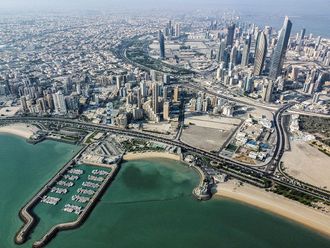
Banda Aceh, Indonesia: Nearly 200 Rohingya refugees, mostly women and children, were stranded on a beach in western Indonesia Sunday after local authorities said they would not accept the new arrivals, AFP witnessed.
The refugees arrived by boat at 3:00 am local time (2000 GMT Saturday), the latest in what has been the largest influx of the persecuted Myanmar minority since 2015.
The mostly Muslim Rohingya were the target of a 2017 crackdown by Myanmar's military that is the subject of a UN genocide probe.
Around a million have fled to Bangladesh, and from there thousands risk their lives each year on long and expensive sea journeys to reach Malaysia or Indonesia.
"They will be placed at the landing location. This time the government will not bear any expenses," said Muslim, the head of the Pidie Social Agency in Aceh province, where the boat landed.
Like many Indonesians, Muslim goes by one name.
He said the local government would not take responsibility for providing the refugees with tents or any other basic needs.
AFP witnessed the refugees assembled on the beach, with mothers cradling their children, some of whom were naked, in their arms.
Others lay on the beach, attempting to rest after their sea journey.
"Regarding shelter in Pidie, there is no space available anymore," Muslim said.
Local authorities and residents have been rejecting the persecuted Rohingya, threatening to push them back to sea since more than 1,000 arrived last month.
On Wednesday, about 150 protesters in Sabang Island in Aceh clashed with police as they called for the Rohingya refugees to be relocated.
President Joko Widodo said Friday that temporary relief would be provided for refugees "with a priority on the interests of the local community".
He accused a human trafficking network of being behind the rising number of Rohingya refugees reaching his country by boat, vowing to take strict action against the perpetrators.
Indonesia is not a signatory to the UN Refugee Convention and says it is not compelled to take in refugees from Myanmar.
But neighbouring countries have also shut their doors, leaving the minority group with few other options.














